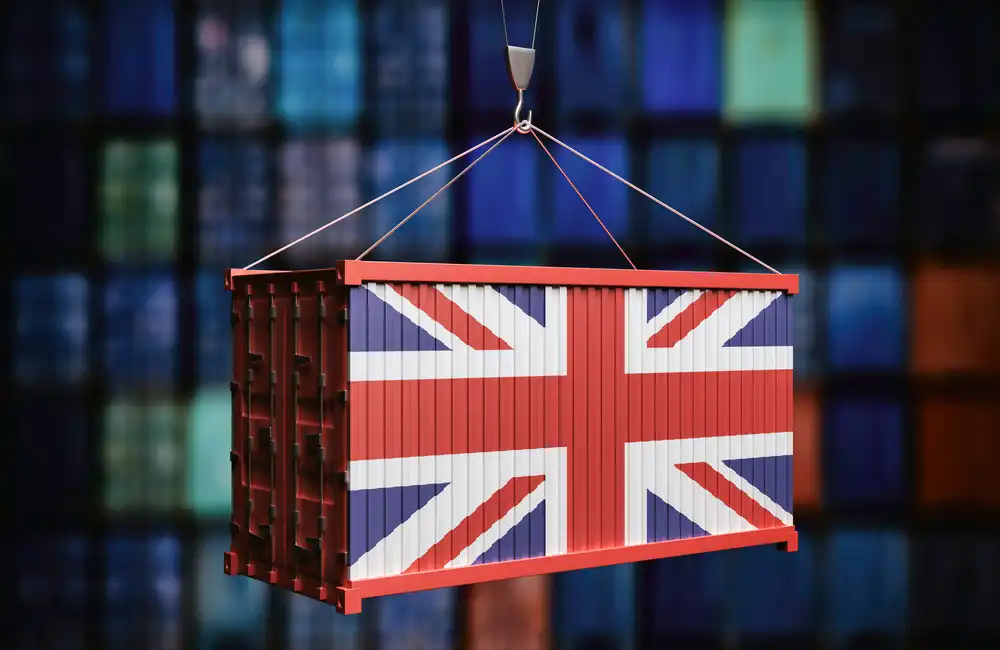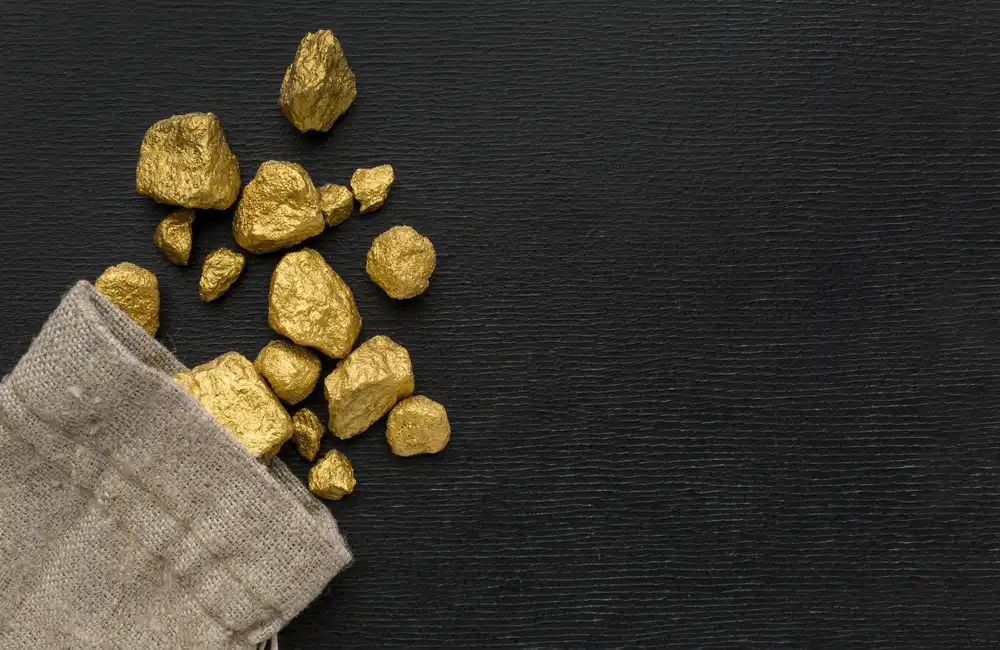Weardale Lithium has signed an agreement to supply lithium feedstock to a Tees Valley Lithium lithium hydroxide plant, which will be built in Teesside, UK, and will work with the company to build a battery-supply chain industrial hub in North East England, the companies said Aug. 15
To this end, the two firms have entered into a memorandum of understanding (MoU) to consider supply potential and, where applicable, assess potential lithium processing solutions for Weardale's geothermal brines, as well as the development of an integrated supply chain of high-value critical minerals products and ancillary services ecosystem in North East England, Weardale said in a statement.
Weardale has UK geothermal brines in County Durham, which it aims to develop into an indigenous sustainable low-carbon lithium resource.
The “availability of domestic lithium is of strategic importance to the U.K. in meeting its net-zero aspirations and the manufacturing of high-value batteries for electric vehicles in the automotive manufacturing sector,” it said.
The planned lithium hydroxide plant of Tees Valley Lithium, a subsidiary of Alkemy Capital Investments, will produce initially 24,000 mt/year of battery-grade lithium hydroxide from 2024.
Once completed, the lithium hydroxide plant is expected to produce 96,000 mt/year of lithium hydroxide, roughly 15% of Europe’s expected demand by 2030, Alkemy said previously.
Lithium hydroxide prices are 137.50% higher since the beginning of 2022, with the Platts seaborne lithium hydroxide price assessed at $75,300/mt CIF North Asia Aug. 15, according to data.
"To drive the electric vehicle boom and meet net-zero ambitions, UK industry has to ensure that supplies of lithium will be available for the refining and production of battery-grade lithium hydroxide and lithium carbonate," Weardale Lithium Chief Executive Stewart Dickson said.
“The local supply of high-value critical minerals products should underpin the electrification revolution for years to come, creating high-skilled science, technology and engineering jobs and reducing both environmental impacts and supply risks related to imported raw materials,” Dickson added.
Tees Valley Lithium wanted to be ready to supply 15 percent of Europe’s demand by 2030, Tees Valley Lithium’s chief executive, John Walker, said in the statement.
“Local production of the critical raw materials is a key factor in the UK being able to establish a secure and robust supply chain for the electric vehicle and stationary energy storage solutions,” he added.
The UK government outlined its objectives to speed up the development of the UK’s domestic capabilities, work with international partners and improve the responsibility, transparency, and responsibility of international markets in its Critical Minerals Strategy this July.
To aid in the launch of the strategy, the British Geological Survey conducted its first criticality assessment and established a list of highly critical minerals for the UK. They include lithium, but also cobalt, graphite, magnesium, palladium, platinum, rare earth elements, silicon, tin, tungsten and vanadium.




















